Transform Your Workspace: Exploring Top Commercial Flooring Solutions
When it comes to designing or renovating a commercial space, flooring is one of the most crucial aspects that often gets overlooked. The right flooring can enhance the aesthetics, improve functionality, and even contribute to employee productivity. Whether you’re updating an office, a retail store, or a hospitality venue, choosing the best commercial flooring solution can make all the difference. Let’s dive into the top commercial flooring options available today and explore their benefits, drawbacks, and ideal applications.
Why Flooring Matters in a Commercial Space
Flooring in a commercial space extends far beyond mere aesthetics; it’s a critical element that impacts durability, maintenance, comfort, and safety. A thoughtfully selected flooring material can significantly enhance the visual appeal of your workspace, creating a positive first impression for clients and employees alike. Furthermore, it must be robust enough to withstand the rigors of heavy foot traffic and daily wear and tear, ensuring a long lifespan and minimizing the need for frequent replacements. Beyond these practical considerations, flooring also plays a role in improving acoustic performance, reducing noise levels and creating a more productive environment.
In addition to aesthetics and durability, safety is a paramount concern. The flooring should provide adequate slip resistance to prevent accidents and ensure the well-being of everyone in the workspace. Finally, ease of maintenance is essential for minimizing downtime and keeping the space clean and hygienic. A low-maintenance flooring solution can save time and resources in the long run. With all these crucial factors in mind, it’s worthwhile to explore the various flooring solutions available for commercial spaces to find the perfect fit for your specific needs.
Luxury Vinyl Tile (LVT): The Versatile Choice
Luxury Vinyl Tile (LVT) has gained significant popularity in commercial settings due to its compelling combination of versatility, durability, and cost-effectiveness. LVT offers high durability and resistance to wear, along with water resistance that makes it ideal for areas susceptible to spills. Its ease of cleaning and maintenance adds to its practicality, while the wide variety of available styles, mimicking wood, stone, or ceramic, provides design flexibility. However, LVT may not be as impact-resistant as natural materials, and lower-quality options can show scratches over time. Despite these potential limitations, LVT is a strong flooring choice for offices, healthcare facilities, retail stores, and restaurants, where its balance of performance and aesthetics is highly valued.
Carpet Tiles: The Comfortable and Cozy Option
Carpet tiles offer a practical and comfortable flooring solution for offices and hospitality businesses that value sound absorption and ease of maintenance. Their benefits include insulation and noise reduction, the ability to replace individual damaged tiles without replacing the entire floor, and a soft, comfortable feel underfoot. However, carpet tiles are prone to staining and require regular cleaning, and they can trap allergens and dust if not properly maintained. Despite these drawbacks, carpet tiles are well-suited for corporate offices, hotels, conference rooms, and airports, where their comfort, sound-dampening qualities, and modularity are highly advantageous.
Epoxy Flooring: The Industrial Powerhouse
Epoxy flooring provides a robust and resilient solution for industrial and high-traffic environments. Its key advantages include extreme durability and resistance to chemicals, moisture, and stains, along with a seamless, easy-to-clean surface and a sleek, polished appearance. However, epoxy flooring can be slippery when wet unless a textured finish is applied, and it requires professional installation. These factors considered, epoxy flooring is ideally suited for warehouses, manufacturing plants, automotive workshops, and hospitals, where its durability and resistance to harsh conditions are essential.
 Hardwood Flooring: Timeless Elegance
Hardwood Flooring: Timeless Elegance
Hardwood flooring brings a touch of sophistication and a premium aesthetic to commercial spaces. Its advantages include a high-end, elegant look, long-lasting durability with proper maintenance, and the ability to be refinished, restoring its original appearance. However, hardwood flooring comes with significant upfront costs and is susceptible to scratches and moisture damage. These factors considered, hardwood flooring is best suited for luxury offices, high-end retail stores, and boutique hotels, where its aesthetic appeal and potential longevity justify the expense and require careful upkeep.
Polished Concrete: The Modern Minimalist’s Dream
Polished concrete has emerged as a favored flooring choice for businesses aiming for a sleek and contemporary aesthetic. Its appeal stems from several benefits, including high durability and longevity, ease of maintenance and cleaning, and its eco-friendly and cost-effective nature. However, the inherent hardness of polished concrete can make it uncomfortable for prolonged standing, and there is a potential for cracks to develop over time. Despite these considerations, polished concrete is particularly well-suited for spaces such as art galleries, cafés and restaurants, and modern office spaces, where its modern look and practical advantages are highly valued.
Rubber Flooring: The Safe and Slip-Resistant Choice
Rubber flooring is a popular choice for spaces prioritizing safety and comfort, finding widespread use in gyms, healthcare facilities, and educational institutions. Its key advantages include slip resistance and shock absorption, making it ideal for high-impact activities and reducing the risk of falls. Rubber flooring also excels at noise reduction, creating a quieter environment, and is easy to clean and highly durable, ensuring long-lasting performance. However, it offers limited design options compared to other materials and may initially have a noticeable rubber odor. Despite these drawbacks, rubber flooring is best suited for gyms and fitness centers, hospitals and clinics, and schools and daycare centers, where its safety and performance benefits outweigh its aesthetic limitations.
Laminate Flooring: The Budget-Friendly Alternative
Laminate flooring offers businesses an attractive alternative to hardwood, providing a similar aesthetic without the premium price tag. Its advantages include affordability, stylish designs, and resistance to scratches and fading, along with relatively easy installation. However, laminate flooring is not as water-resistant as vinyl or tile options and cannot be refinished like real wood, which are important considerations. Despite these limitations, laminate flooring is well-suited for applications such as small offices, retail stores, and cafés, where its balance of cost-effectiveness and appearance is highly desirable.
 Ceramic and Porcelain Tile: The Classic and Durable Choice
Ceramic and Porcelain Tile: The Classic and Durable Choice
Ceramic and porcelain tiles remain a popular and reliable choice for commercial spaces prioritizing durability and water resistance. These tiles offer numerous advantages, including high resistance to moisture, stains, and wear, coupled with a wide array of design options to suit various aesthetics. Their long lifespan also contributes to their appeal. However, the inherent hardness of the surface can be a drawback, potentially causing discomfort for those standing for extended periods. Additionally, the cost of materials and the requirement for professional installation can make them a more expensive option. Despite these potential downsides, ceramic and porcelain tiles are ideally suited for areas like restaurants and cafés, hotels, and restrooms and kitchens, where their durability and water resistance are essential.
Choosing the Right Flooring for Your Business
Choosing the right flooring for your workspace involves carefully weighing several key factors. Traffic levels are paramount, as high-traffic areas necessitate durable and wear-resistant options. Maintenance needs should also be considered, with low-maintenance choices like luxury vinyl tile (LVT) or polished concrete offering long-term time and cost savings. Budget is always a factor, requiring a balance between upfront costs and ongoing maintenance expenses. Aesthetic appeal is important for creating a cohesive brand image and a visually pleasing workspace. Finally, safety requirements, such as slip resistance, are critical, especially in environments like healthcare and retail where safety is a top priority.
Upgrading Your Workspace with the Right Flooring
Investing in the right commercial flooring solution can transform your workspace, enhancing its look, functionality, and durability. Whether you opt for LVT for its versatility, polished concrete for its modern appeal, or carpet tiles for comfort, choosing the best flooring ensures a welcoming and professional environment for employees and visitors alike.

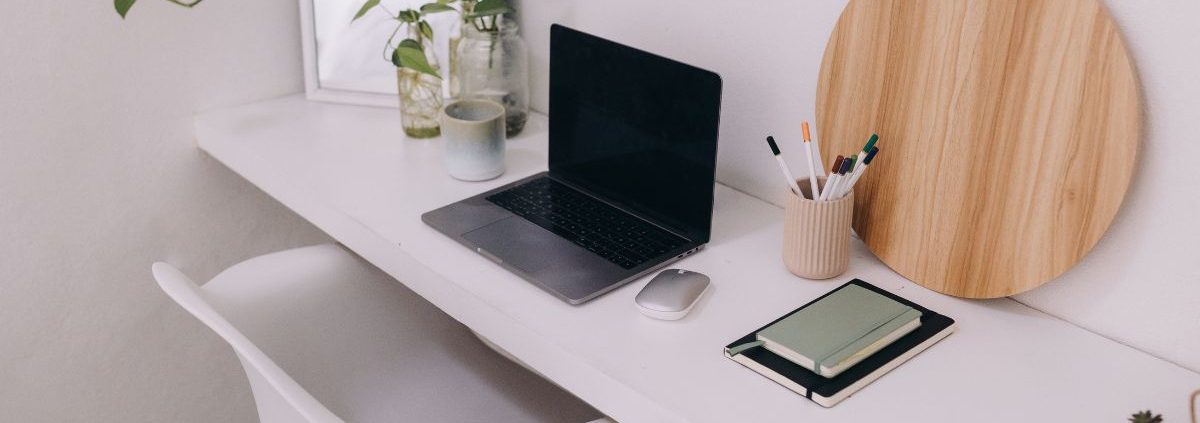
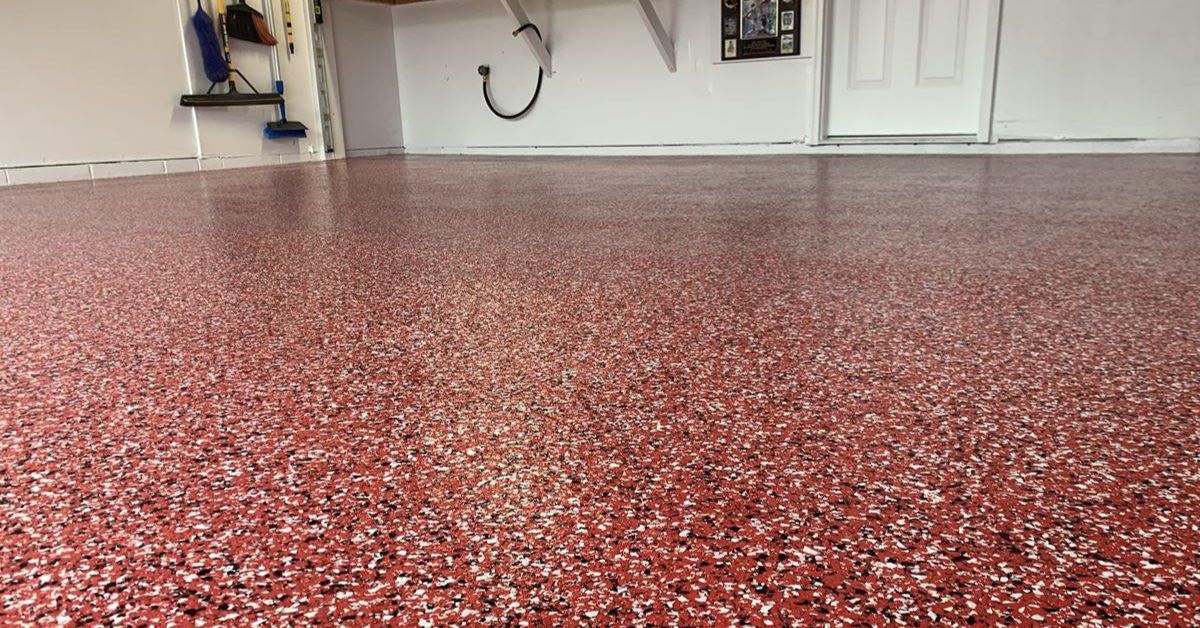 Hardwood Flooring: Timeless Elegance
Hardwood Flooring: Timeless Elegance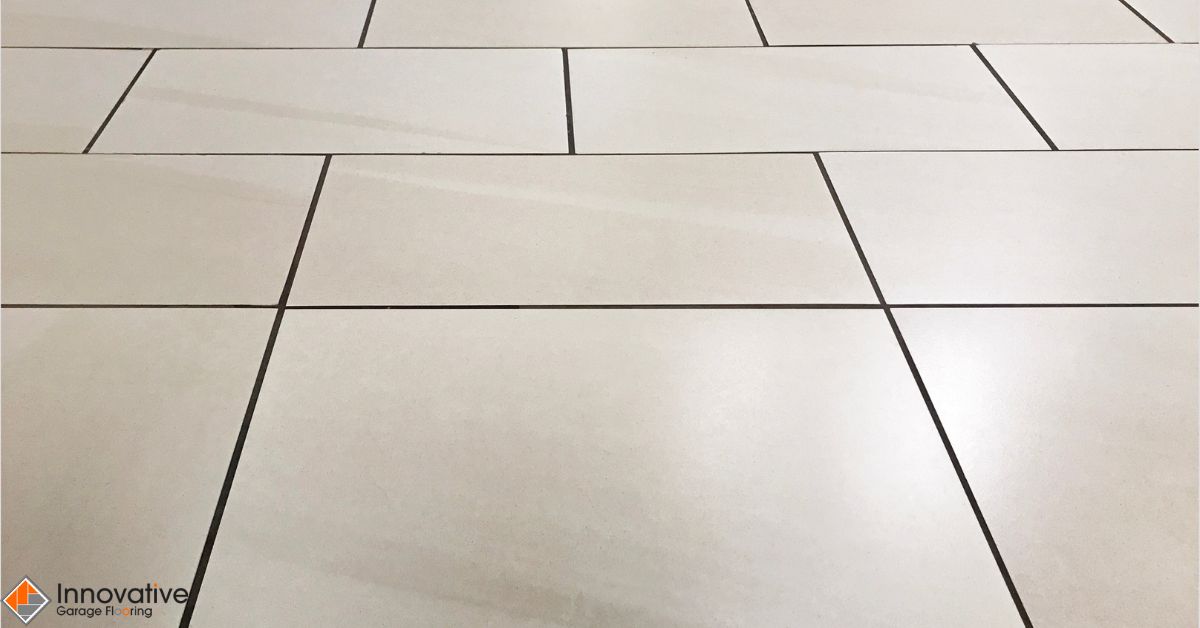 Ceramic and Porcelain Tile: The Classic and Durable Choice
Ceramic and Porcelain Tile: The Classic and Durable Choice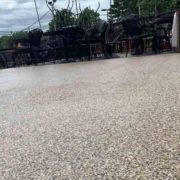

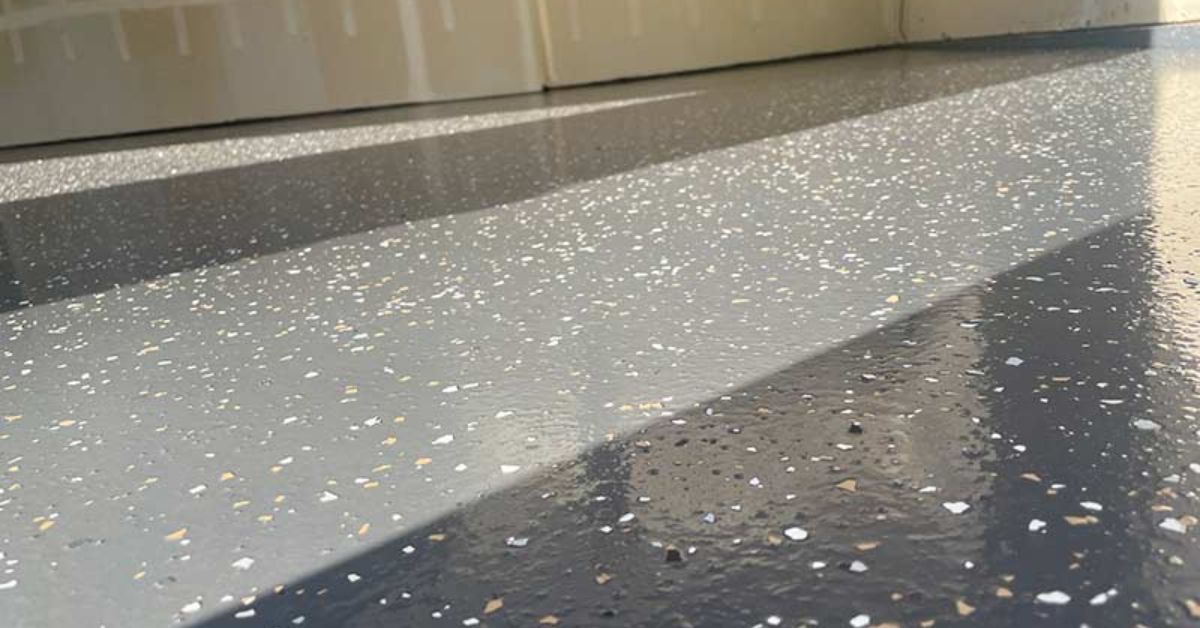


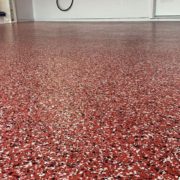

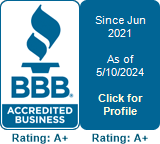



Leave a Reply
Want to join the discussion?Feel free to contribute!